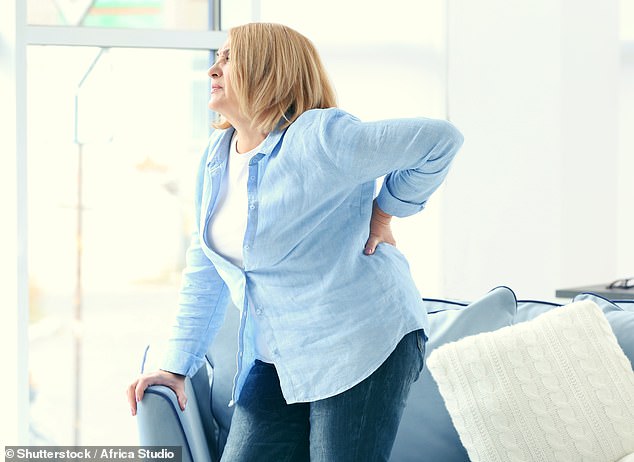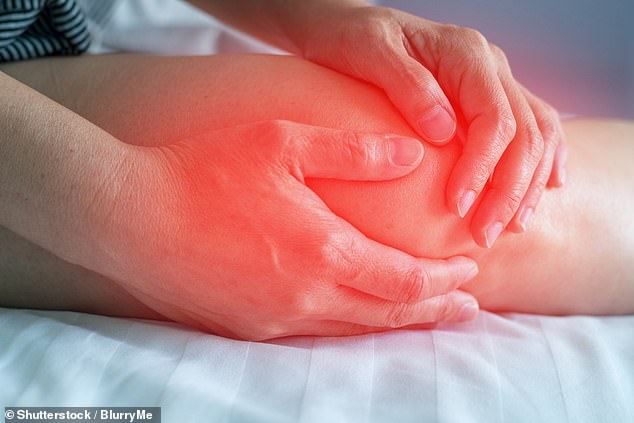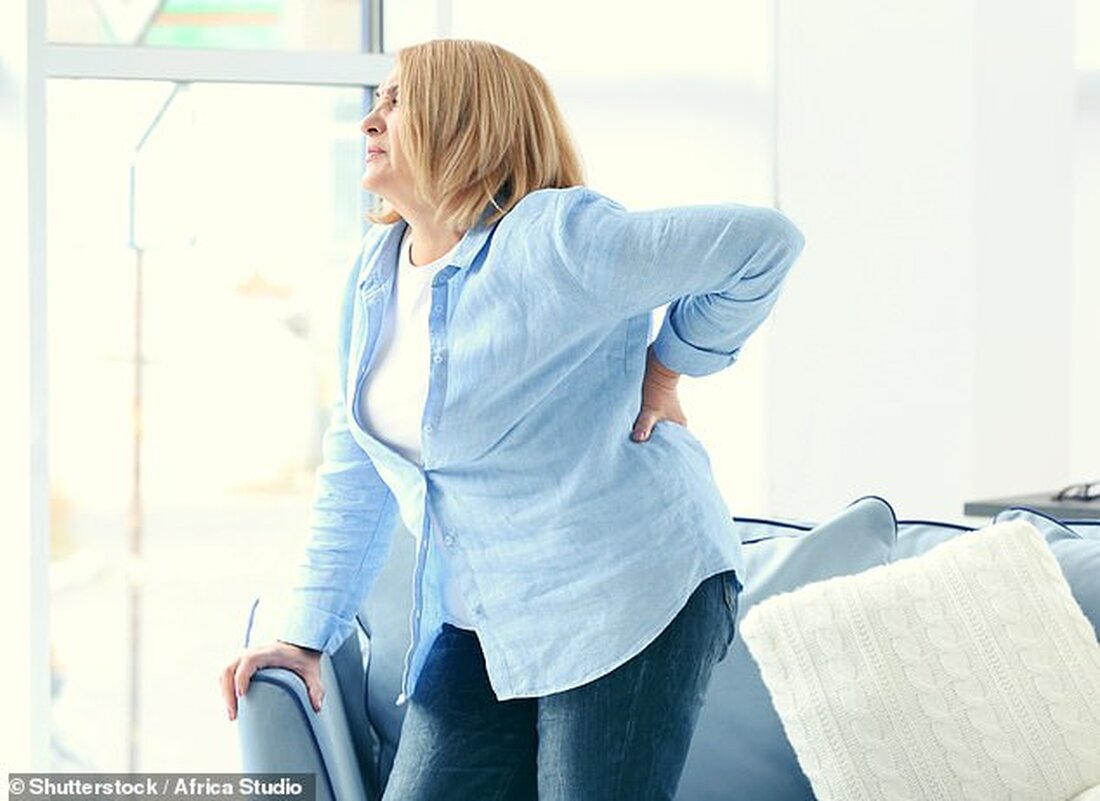Arthritis patients are being urged by the NHS to lose weight and exercise as these are the main treatments for their condition, according to new clinical guidelines.
Physical activity is a better option for relieving pain caused by osteoarthritis than painkillers such as paracetamol, says the health watchdog.
Switching millions of patients with the condition to an exercise program could save billions of pounds in NHS cash by reducing the number of prescriptions for stronger painkillers, the National Institute for Health and Care Excellence (Nice) finds.
Starting exercise programs may temporarily worsen the pain, but this should calm down.
More than 10 million people in the UK have arthritis. Osteoarthritis, which causes joints to become stiff and painful, is the most common form of the disease, affecting 8.5 million people.
Arthritis costs the NHS £10 billion a year, with 80 per cent of patients being prescribed painkillers.

Physical activity may be a better option for pain relief than painkillers such as paracetamol, says the health watchdog
The guidelines provide recommendations on the use of medicines, e.g. B. to offer non-steroidal anti-inflammatory drugs (NSAIDs), but not paracetamol or strong opioids.
Dr. Paul Chrisp, from Nice, said: "This is because new evidence has shown there has been little or no improvement in people's quality of life, pain or psychological distress and, particularly in the case of strong opioids, there has been evidence that they can cause harm in the longer term including possible addiction."
The guidelines tell doctors to self-diagnose osteoarthritis in people aged 45 and over with activity-related joint pain without further testing.
Patients should also not have morning joint stiffness or morning stiffness that lasts no longer than 30 minutes to be diagnosed in this way.
The draft guidelines say people can be offered tailored exercise programs, explaining that "regular and consistent exercise, although it may initially cause discomfort, is beneficial for their joints."

More than 10 million people in the UK have arthritis. Osteoarthritis is the most common form of the disease
Long-term training also increases benefits, the guideline adds.
When it comes to weight loss, people are told that "any weight loss is probably beneficial, but losing 10 percent of your body weight is probably better than 5 percent."
Patients may also be referred for hip or knee replacement if their condition cannot be treated by other means, and referrals should not be deferred based on age, gender or obesity.
Dr. Chrisp added: “Osteoarthritis can cause people discomfort and prevent them from carrying out some of their normal daily activities.
“However, there is evidence that muscle strengthening and aerobic exercise not only have an impact on managing the condition, but can also offer people an improved quality of life.
“Starting this journey can be uncomfortable at first for some people and they should be supported and provided with enough information to help them manage their condition over a long period of time.
"Although topical and sometimes oral NSAIDs remain an important treatment option for osteoarthritis, we have made the decision not to recommend some pain medications such as acetaminophen and some opioids for osteoarthritis."
Tracey Loftis, head of policy and public affairs at the charity Versus Arthritis, said: “We have seen first-hand the benefits people with osteoarthritis can have when they have access to appropriate physical activity, particularly in a group setting.
“Something like exercise can improve a person’s mobility, help manage their pain and reduce feelings of isolation.
“But our own research into supporting people with osteoarthritis has shown that far too many people do not have their condition regularly checked by a healthcare professional and even fewer have had the opportunity to access support with physical activity.
“The lack of alternatives means that in many cases people are dependent on painkillers that do not help them live a pain-free life.
“While we welcome the draft Nice guidelines, healthcare professionals need further resources and support to better understand their role in promoting treatments such as physical activity for people with osteoarthritis.
“There is clearly a need to give more voice to people with arthritis so that their health needs are not ignored.”

 Suche
Suche
 Mein Konto
Mein Konto


